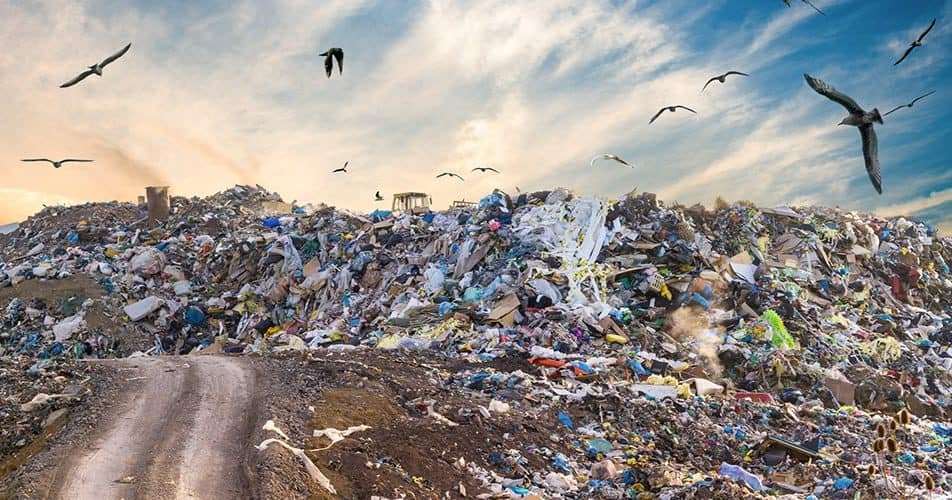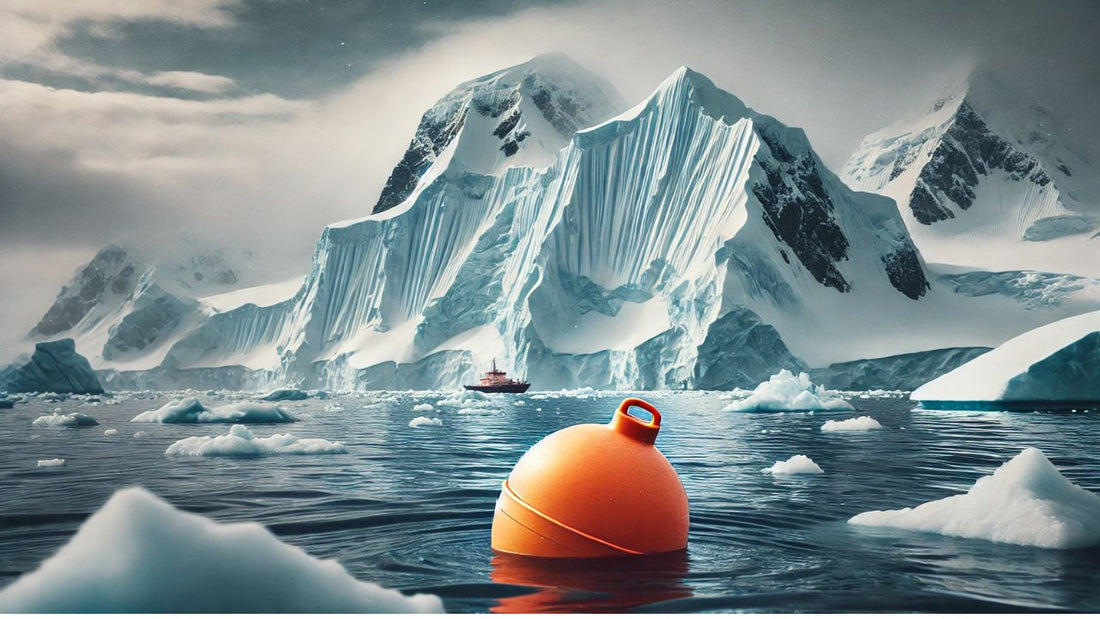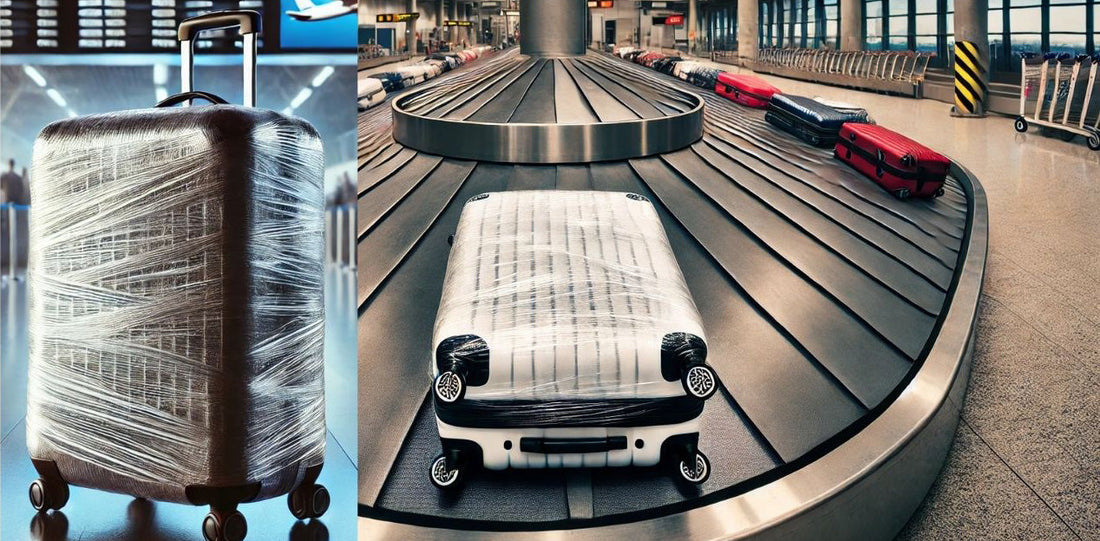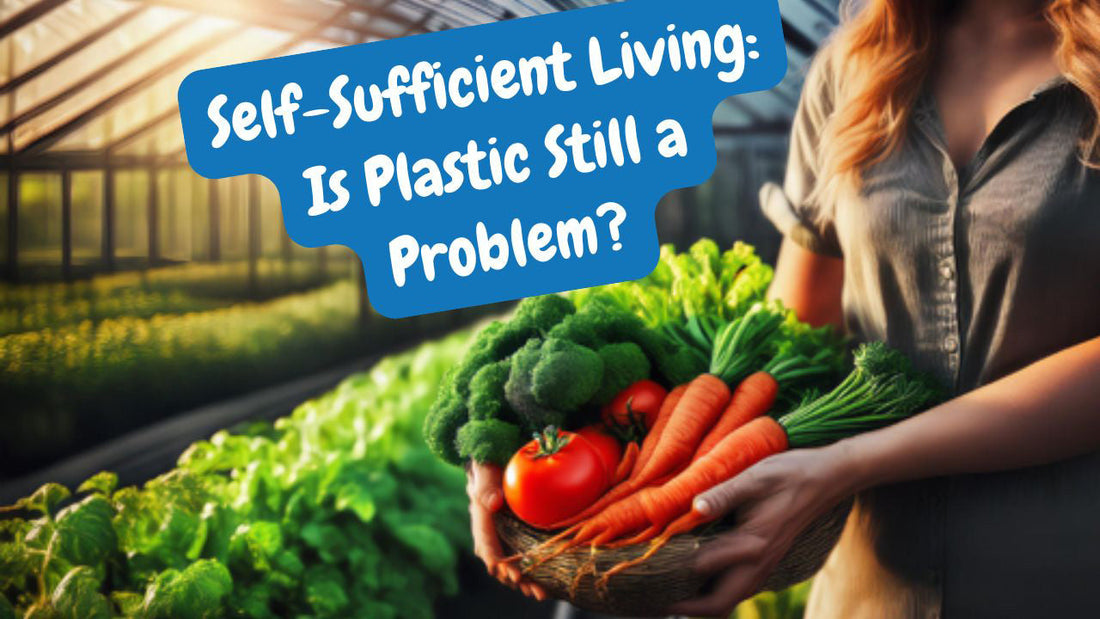NSW & WA join the plastic free movement
A few months ago we ranked Australian states on their commitment towards banning Single Use Plastic (SUP). At this time there were several states that were clear leaders in the group (South Australia) and others that didn't seem to have any real plan for forging ahead with bans. Yes we were pointing fingers at you New South Wales!
In this blog post we revisit each Australian state and territory existing and proposed Single Use Plastic (SUP) bans, and highlight areas that are still needed for change.
Although governments in general are slow to implement change, it appears that a lot of can happen in a few months. Some states that were lagging behind have now brought forward their dates for implementing bans. And while the changes being implemented or proposed are very welcome news, it was surprising to learn that some plastic items were still being allowed today — and are not being implemented for another 12 months.
Once such product is mico-plastic beads used for cosmetic purposes. These types of products have long been flagged as being a problem and have already been banned in many countries so it's surprising to learn that Australia is still yet to implement such bans.
The other interesting take-away from the bans is that cotton buds have been highlighted as an item that either is already or will be banned in the future.

South Australia
Ban began March, 2021 - No new changes.
South Australia was the first state or territory in Australia to ban single-use plastic product, implementing their ban on March, 2021. This ban includes the sale, supply or distribution of single use plastic straws, drink stirrers and cutlery.
Phase 2 of their phasing out of single use plastic plan begins March 1, 2022. Polystyrene cups, bowls, plates and clamshell containers will also be prohibited. And again importantly oxo-degradable* plastics will not only be prohibited from sale, manufacturing of oxo-degradable products will also be banned.
South Australia’s legislation prohibits the sale, supply and distribution of both fossil fuel derived plastic and plant-based plastics, this means both industrial and home compostable plastics are also banned. Alternatives such as wood and paper products are allowed.
Why is South Australia the only state that has taken this hard approach to banning both fossil fuel and plant based plastics?
Compostable plastics are a great alternative to fossil fuel based plastics — however they must be composted and not just added to landfill.
As Australia has very few industrial composting facilities available, and most industrial composting facilities do not accept compostable plastics, these plastics remain a problem.
Hopefully South Australia and other states and territory's will work towards introducing more composting education and facilities in the future.
* Oxo-degradable plastic products have additives which enable the plastic to break down into tiny fragments (‘microplastics’) which do not completely decompose.
Australian Capital Territory
Ban began July, 2021 - No new changes.
Phase 1 of ACT's SUP ban began on July 1, 2021. This ban includes single use plastic cutlery, drink stirrers and expanded polystyrene food and drink containers. There are some exemptions to these bans when being used in a domestic setting. For example you are allowed to take and use your own single use plastic items when out with the family, however they are no longer available for sale in the ACT.
Also included in the ban are bio-plastic items as they contaminate the recycling stream and will eventually end up in landfill.
Phase 2 is set to begin in July 2022 where straws, barrier bags for fruit and vegetables, as well as all products made from oxo-degradable plastic will be included in the ban. Although it's great to see Phase 1 changes already being implemented it does seem rather odd that straws and fruit barrier bags were not part of Phase 1.
Phase 3 of the SUP bans will not begin until 2023, and will include items such as plastic-lined single-use coffee cups and lids, single-use plastic dinnerware, boutique or heavyweight plastic bags, and cotton ear buds with plastic sticks will be considered for phase out (let's hope this passes through legislation).
Queensland
Ban begins September, 2021 - No new changes.
Queensland’s ban on single use plastic items will commence on 1 September, 2021. The ban prohibits the supply of plastic straws, cutlery, bowls and plates, stirrers and expanded polystyrene takeaway food containers and cups:
- straws: regular straws, flexible straws, straws with a scoop, cocktail straws and bubble tea straws
- cutlery: knives, forks, spoons, teaspoons, sample tasting spoons, soup spoons, chopsticks and sporks
- bowls and plates
- stirrers: hot or cold drink stirrers, swizzle sticks and hot or cold food stirrers
- expanded polystyrene takeaway food containers and cups, for example ‘clamshell’ style containers.
Although compostable plastics are not banned completely they must meet one of the following Australian Standards:
- AS 5810-2010 (Home Compostable) or
- AS 4736-2006 (Industrial Composting)
Although noted on the “potentially next to ban stage” oxo-degradable products are still permitted for sale in Queensland.
Western Australia
No set date. Ban currently scheduled for late 2021.
No changes to the items to be phased out, however the dates for implementation have been pushed forward.
Originally listed as number 5 on our list WA's Plastics Ban was not slated to be implemented until 2013, fortunately WA have pushed forward with their SUP plans and Phase 1 (referred to as Short-term actions) is set to commence at the end of 2021.
Single-use plastic or disposable items to be banned by the end of 2021 will include the phase-out of:
- plastic plates, cutlery, stirrers, straws & cups
- thick plastic bags
- polystyrene food containers and helium balloon releases.
Phase 2 (referred to as Medium-term actions) will see amendments to the existing regulations, include education campaigns and will mean a statewide phase-out of the following items by late 2022:
- Microbeads
- Coffee cups/lids
- Polystyrene cups
- Cotton buds with plastic shafts
- Barrier/produce bags
- Polystrene packaging
- Oxo-degradable plastics
New South Wales
No confirmed date. Phase out dates measured in months.
No changes to the items to be phased out, however the dates for implementation have been pushed forward.
Initially ranked dead last on our list, we're happy to see that along with WA, NSW has pushed forward their timeline for implementing single use plastic bans. As the most populated state in Australia, it's great to see these changes taking place.
The initial plan from NSW was to "phase out nominated single-use plastics by 2022". While it does appear that they are moving forward with this same plan, not all the changes are set to be implemented in the next 6 months.
The proposed timeline for phasing out single use plastic:
- 6 months: Phase out lightweight shopping bags
- 12 months: Phase out; plastic straws, stirrers, cutlery, expanded polystyrene food service items, cotton buds with plastic sticks and microbeads in rinse-off personal care products.
- Review in 3 years: Plastic bowls, lids and plates, Plastic cups and lids, oxo-degradable plastics, fruit stickers (non-compostable), heavyweight shopping bags, barrier produce bags.
While all of these are welcome changes, it would be great to see these phase out dates pushed even further forward.
Victoria
Ban begins February, 2023 - No new changes.
Although Victoria was the 5th state to announce a future ban, originally number 4 on our list, they've now dropped down below NSW and WA.
Victoria’s proposed ban on the sale or supply of the following items is to be introduced by February 2023 and includes;
- Single-use plastic straws, cutlery, plates & drink-stirrers
- Expanded polystyrene food and drink containers
- Plastic cotton bud sticks.
- Oxo-degradable plastics.
There is no mention in the ban in regards to compostable plastics.
Tasmania & Northern Territory
No State-wide bans announced.
The City of Hobart introduced a by-law on July 1, 2021 banning Single Use Plastics at take-away food retailers.
The single-use plastic items banned are:
- plastic cutlery
- sauce sachets (such as tomato, soy or tartare)
- plastic takeaway hot food containers and lids
- takeaway plastic straws
- plastic lined noodle boxes
- plastic lined coffee cups
- plastic lids on takeaway cups
- plastic sandwich wedges.
Certified compostable bioplastics (cold drink cups, bowls, cutlery, lids, sandwich wedges, noodle boxes, coffee cups, hot chip boxes) are allowed under the current city by-law.
Much like Hobart the City of Darwin went out on its own and made changes to the types of disposable items that can be used at events. Unlike Hobart this is not a city-wide ban, as the ban only applies to council land and at markets. Darwin’s ban came into effect in January, 2019 and also includes the deliberate release of helium balloons — a ban that should be implemented across the country.
The Single Use Plastic ban includes:
- disposable coffee & smoothie cups
- plastic lids, straws, stirrers & cutlery
- stirrers, plates, bowls, and takeaway containers





